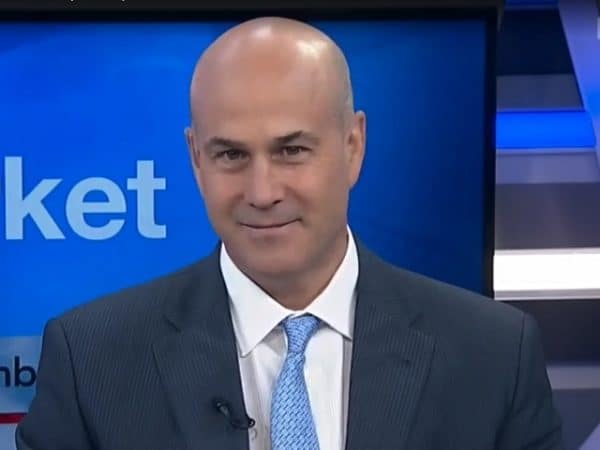

Last week, British Columbia became the latest province to announce supply agreements for its pot shops, which will be run by the BC Liquor Distribution Branch (LDB). 31 federally licensed producers are now lined up as suppliers, including industry heavyweights like Aurora Cannabis (TSX:ACB) and Canopy Growth Corp (TSX:WEED) but also featuring local companies such as Whistler Medical Marijuana and Tilray Canada.
Other provinces such as Quebec and Alberta have also locked in supply agreements with national and local LPs, while the suppliers for the biggest prize, Ontario, have yet to be determined. With a new Conservative government recently taking office in Ontario, it remain unclear as to whether Premier Doug Ford will change the previous Liberal government’s plan to restrict sales to government-owned and run stores and open up the market to privately run operations.
It’s those kinds of questions that should trouble investors thinking about joining the pot party, says Regan, who spoke to BNN Bloomberg recently.
“We like to buy certainty and at a price that reflects a discount to what it should be at. That’s what we’re looking for,” says Regan. “Part of what anybody has to look at with cannabis is, is it medicinal, is it pharmaceutical, is it retail for smoking, what’s going to happen with the taxes and the laws?”
“It’s starting to be a new real business, but I think the stocks are (pardon the expression) flying a little high,” he says. “It’s like jumping into tech in 1999 when things were very high and you had a tremendous amount of losers, there were some winners. With cannabis, there are so many different facets. It’s tough to gauge the future.”
Many of the larger cannabis companies have intentions to work beyond the domestic market, as well, seeing Canada’s adoption of legal weed as giving Canadian companies first-mover status in the international cannabis trade. But things are just as uncertain on that front, as evidenced by Germany’s recent decision to cancel a tender process for cultivation licenses, one in which companies like Canopy Growth and Aphria were in the running.
Regan says that on top of those issues is the prevailing one of how the industry will be taxed going forward. Last week, Ottawa announced a proposal to impose an annual regulatory fee of 2.3 per cent of gross revenues of cannabis producers, which could amount to an added $100 million per year on top of the already announced excise tax of $1 per gram.
Marijuana companies have responded to the proposal, saying that it would impact the industry’s ability to pull business away from the black market, but Regan claims that so-called sin taxes will be part and parcel to the cannabis space going forward.
“For people buying it for recreational purposes, when you look at cigarettes and alcohol, if it moves more, government will tax it more. Sin taxes are always going to be there,” he says.
Leave a Reply
You must be logged in to post a comment.





 Share
Share Tweet
Tweet Share
Share




Comment